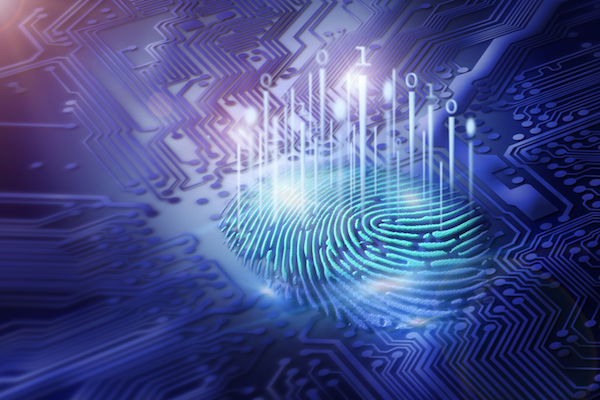Weekly IP Buzz for the week ending December 7, 2018
Here’s a summary of interesting developments in intellectual property, technology, social media, and Internet law for the week ending December 7, 2018.
Biometric Data Laws Come into Play
In today’s age of mobile devices and ever-present Internet connectivity, consumers have witnessed the rise of the use of biometric data in lieu of passwords and other means of identification. As technology continues to rapidly evolve, it has now become common practice for mobile devices to use fingerprints, iris scans, or even full-face recognition as a means of “unlocking” secured devices.
In the past, such use of biometric data was limited to entry into secured grounds or facilities such as high-tech laboratories or classified government buildings. Today, however, a myriad of gadgets use such data, including, but not limited to, cellular phones, mobile tablets, and laptop computers.
As these devices have seamlessly integrated such use of biometric data into consumers’ daily lives by using them as data security “protection measures,” such use has often failed to be scrutinized closely by consumers or federal agencies alike. As such, the law lags severely behind in regulating the use, collection, sharing, and storage of such sensitive biometric data.
Read more here.
Biometric Data Privacy Laws on the Rise
Innovations in smart devices have introduced the use of biometric data into consumers’ everyday lives. The term “biometric data” refers to digital data used during a biometric identification process such as fingerprint recognition. A biometric process is defined as verification of a person’s identity through the use of that person’s biological traits (e.g., fingerprints, eye retinas or irises, voice patterns, DNA, etc.).
In the past, the use of biometric data as identification was often only seen in spy movies, but today the use of biometric process has become prevalent and widespread thanks to its integration into smartphones. Today, millions of smartphone users utilize biometric processes to unlock their phones and sometimes even to purchase goods or services.
Despite this widespread integration of biometric process, however, few laws in the United States govern the privacy of how this data is stored, used, and protected. Currently, only three states in the United States (Illinois, Washington, Texas), have any laws regarding the use of biometric data, and only four other states (Alaska, Connecticut, Montana, New Hampshire) have legislation pending.
Read more here.
Click to read last week's Weekly IP Buzz. View on LinkedIn.
For more posts, see our Intellectual Property Law Blog.
--------
Darin M. Klemchuk is founder of Klemchuk LLP, a litigation, intellectual property, and business law firm located in Dallas, Texas. He also co-founded Project K, a charitable movement devoted to changing the world one random act of kindness at a time, and publishes Thriving Attorney, a blog dedicated to exploring the business of the practice of law, productivity and performance for attorneys, and other topics such as law firm leadership and management, law firm culture, and business development for attorneys.
Click to learn more about Darin M. Klemchuk's law practice as an intellectual property lawyer.


